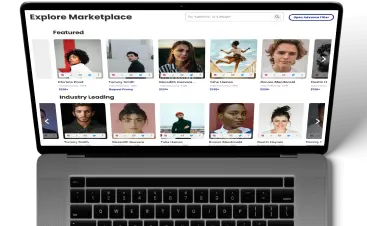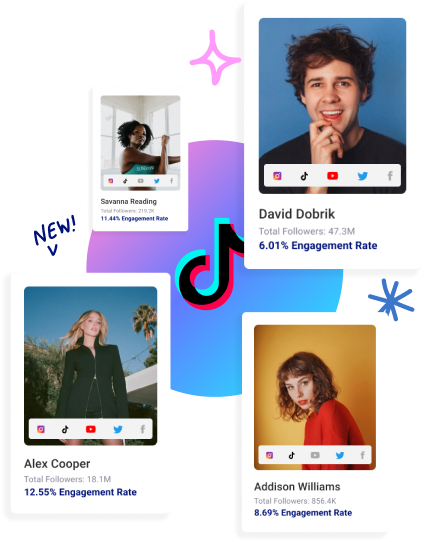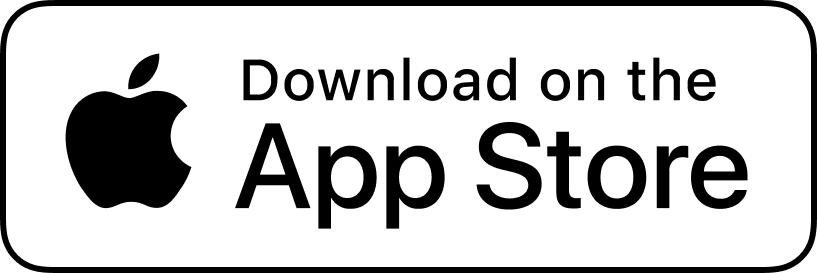Ah, social media. It’s the place where your cousin overshares, your favorite brands compete for your attention, and your cat’s Instagram has more followers than you do. But here’s the thing: beyond the memes and pet pics, social media is a powerhouse for business growth.
Whether you’re a small business owner, an up-and-coming startup, or a big brand needing a refresh, social media can do more than just gather likes—it can deliver serious results for your business. With billions of active users worldwide, platforms like Facebook, Instagram, TikTok, and Twitter have become essential tools for driving brand awareness, customer engagement, and ultimately, sales.
Here, we’re unpacking everything from building brand awareness to connecting with customers while keeping it fun and fresh. Let’s dive into the world of social media marketing and show you how to make it work for your business.
What is Social Media Marketing?
Social media marketing encompasses a variety of strategies to promote products or services on social platforms. Unlike traditional marketing, which is often one-directional, social media allows for interaction and engagement with the audience, fostering community and trust. Here are some key components:
- Content Creation: Crafting engaging and shareable content tailored to your audience’s interests.
- Community Management: Engaging with your followers by responding to comments and messages and participating in discussions.
- Analytics and Optimization: Utilizing tools to track performance metrics such as engagement rates, reach, and conversions, allowing for data-driven decision-making.
Influencer marketing is an important aspect of social media marketing. It involves partnering with individuals with credibility and a substantial following on social media. These influencers can create authentic content that resonates with their audience, making it an effective strategy for businesses looking to enhance their reach and credibility.
Why Does Business Need Social Media?
Businesses need social media for several compelling reasons:
- Widespread Reach: As of July 2024, there were 5.45 billion internet users worldwide, which amounted to 67.1 percent of the global population. Of this total, 5.17 billion, or 63.7 percent of the world’s population, were social media users. This vast audience allows businesses to reach potential customers they may not connect with through traditional advertising channels.
- Cost-Effective Marketing: Social media marketing can be significantly cheaper than traditional advertising. Creating a business profile on platforms is typically free, and paid advertising can be tailored to fit various budgets, making it ideal for small businesses.
- Customer Engagement: Social media allows businesses to engage directly with customers, fostering relationships and building community. Brands can respond to inquiries, gather feedback, and create a dialogue that enhances customer loyalty.
- Real-Time Feedback: Social media provides immediate feedback on campaigns and products. Businesses can quickly gauge customer sentiment and adjust their strategies accordingly, ensuring they remain relevant and responsive to market needs.
- Brand Awareness: Businesses can increase brand visibility by consistently sharing content and engaging with followers. A well-executed social media strategy can lead to organic growth in followers and customers.
10 Ways to Leverage Social Media for Your Business
-
Collaborate with Influencers
Partnering with influencers allows brands to tap into established audiences. Platforms like Connecting Brands with Pre-vetted Influencers streamline the process of finding the right partners for your marketing campaigns. Influencers can amplify your brand message and help reach targeted demographics effectively. For instance, a fitness brand collaborating with a fitness influencer can target health-conscious consumers more directly than through traditional advertising.
-
Create Authentic Content
User-generated content (UGC) feels more genuine and relatable. Brands can encourage their customers and influencers to create content featuring their products. For example, a clothing brand might create a campaign where customers share photos of their outfits. This provides authentic visuals for the brand and fosters a community around its products.
-
Run Contests and Giveaways
Engage your audience by hosting contests where participants must share their posts or tag friends to enter. Influencers can help amplify these campaigns, driving traffic and increasing brand visibility. For example, a beauty brand might partner with influencers to host a giveaway of their products, reaching a wider audience through shared posts.
-
Utilize How-To Videos
Influencers can create informative how-to videos demonstrating your products and educating your audience on their benefits. These videos can be shared across platforms, enhancing reach and engagement. Brands like Tasty have effectively used this format to share recipes and cooking tips, leading to increased interest in their kitchen products.
-
Leverage Story Features
Use Instagram Stories or Facebook Stories to highlight promotions or new product launches. Collaborating with influencers to take over your Stories can generate excitement and encourage engagement. For instance, a skincare brand might let influencers share their daily skincare routine using their products in Stories, providing followers with immediate, visual proof of the product’s effectiveness.
-
Host Live Sessions
Organize live Q&A sessions or product launches with influencers. This direct interaction can significantly boost engagement and provide real-time feedback from your audience. Brands like Sephora frequently host live sessions with beauty influencers to showcase new products, allowing viewers to ask questions and receive immediate answers.
-
Share Behind-the-Scenes Content
Allow influencers to take your audience behind the scenes of your business. This transparency can build trust and a stronger emotional connection with your brand. For example, a food brand might showcase the sourcing and preparation processes, emphasizing quality and authenticity.
-
Engage with Trends
Keep an eye on social media trends and partner with influencers to create timely content that aligns with current interests, making your brand more relevant. Brands that quickly adopt trends, like the recent TikTok challenges, often see a surge in engagement and brand visibility.
-
Measure Your Results
Use analytics tools to track the performance of your influencer campaigns. Understanding what works can help refine future strategies. Metrics such as engagement rates, reach, and conversions should be monitored to assess the effectiveness of each campaign.
-
Build Long-Term Relationships
Instead of one-off campaigns, consider building ongoing partnerships with influencers who align with your brand values. This can create a more authentic connection with their audience and lead to sustained interest in your products. For example, fashion brands often sign influencers as brand ambassadors to maintain a consistent brand presence.
Social Media Marketing Examples from Successful Brands
1. Glossier
This beauty brand effectively utilizes social media and influencer partnerships to cultivate a community around its products. By leveraging UGC and engaging with beauty influencers, Glossier has built a loyal customer base. Their strategy encourages customers to share their experiences, amplifying brand reach and credibility.
2. Nike
Nike’s collaboration with athletes and influencers to promote their products showcases how powerful influencer marketing can be. Their campaigns often feature authentic stories that resonate with their audience, driving engagement and sales. Nike effectively uses social media to inspire and motivate customers through influencer endorsements.
3. Daniel Wellington
This watch brand uses Instagram influencers to showcase their products in everyday settings. Daniel Wellington has created a robust online presence by partnering with lifestyle influencers and driving sales through personalized and relatable content. Their strategy focuses on influencers who embody their brand ethos.
@danielwellington our newest member of the Petite family: ✨ the petite mini✨ #danielwellington #newcollection #twinning
4. Coca-Cola
Coca-Cola’s “Share a Coke” campaign leveraged social media influencers to create personalized consumer experiences. By inviting influencers to share their unique Coke bottles, they generated substantial buzz and engagement across platforms. This approach turned a simple product into a personalized experience.
5. Dunkin
Dunkin has successfully leveraged influencer partnerships to promote its brand, particularly with the introduction of seasonal flavors. By collaborating with food and lifestyle influencers, Dunkin’ creates buzz around new offerings and engages a younger audience. Influencers often share their unique coffee creations, encouraging followers to visit Dunkin’ for the latest flavors.
6. Dove
Dove’s “Real Beauty” campaign is a prime example of leveraging social media for brand authenticity and engagement. By partnering with influencers who advocate for body positivity, Dove has reinforced its brand message of inclusivity. The campaign encourages users to share their stories, creating a community that resonates with its core values.
Key Takeaways
Social media is not just a trend—it’s a necessity for businesses looking to thrive in a competitive landscape. By leveraging influencer marketing through platforms like this, brands can create authentic, engaging content that resonates with their audience and drives tangible results. The right social media strategy can make all the difference, from increasing brand awareness to generating sales.
Businesses should consider these strategies and continuously evaluate their performance. By staying attuned to market trends and consumer behavior, brands can adapt their approaches to ensure sustained growth and engagement. Embrace the power of social media and influencer marketing to unlock your business’s full potential!










